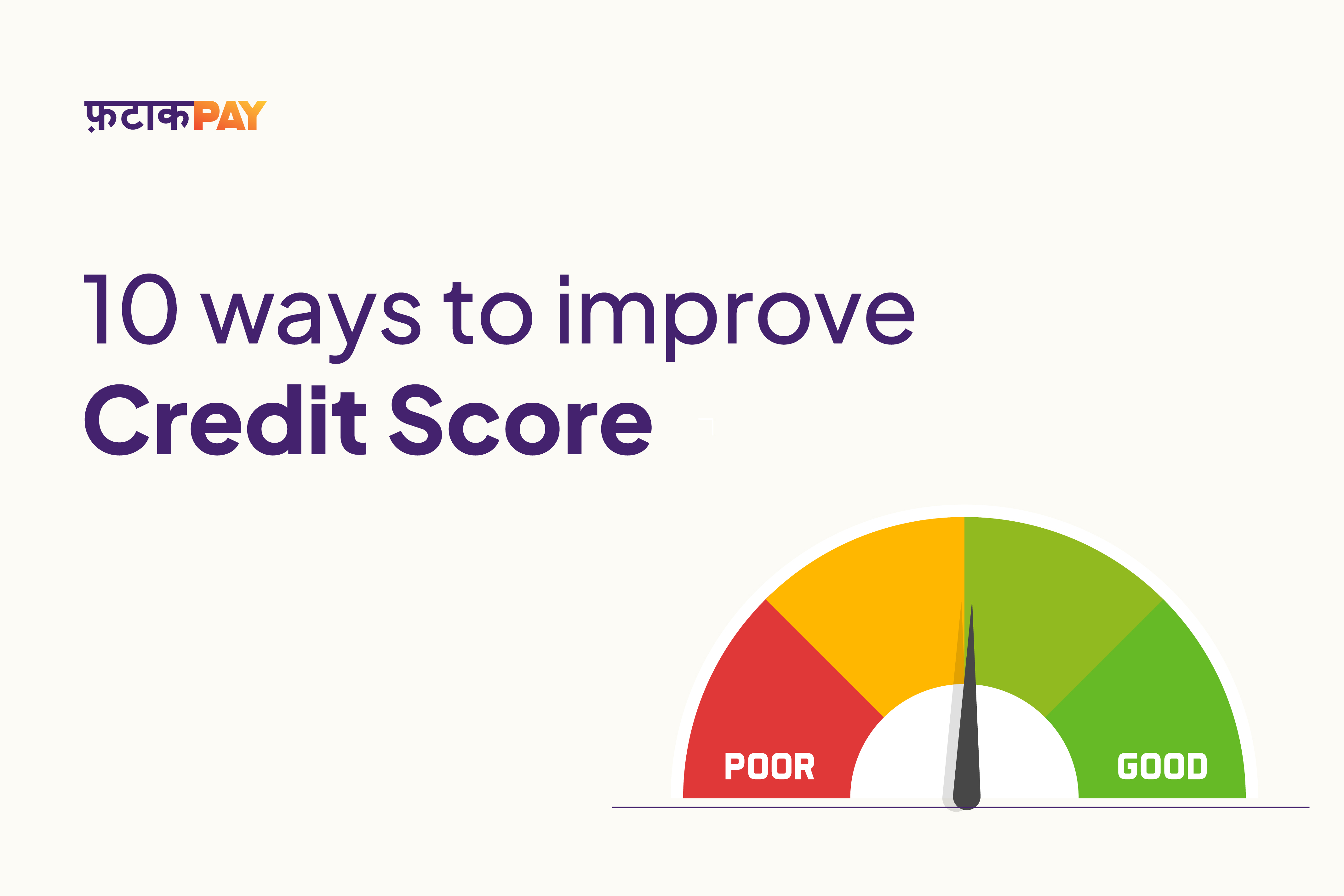As we all know, lower income leads to a lower demand for financial services, particularly the products related to borrowing or availing facilities of credit. The ability and the willingness to use credit by the lower income segment is sparse due to a sense of ineptness to take risks. Hence credit must be made available and initiatives must be taken for the financial inclusion of these sections of the society on relatively pocket friendly terms that suit their needs. Not just financial inclusion but the effectiveness of financial inclusion is what is really important. The ability with which the financial institutions can approach the households and individuals with lower income and provide credit facilities, giving them an opportunity to enhance their standard of living or pursue their ambition and dreams. But the struggle for credit is widely persistent in the lower income segment of this country.
· Consumers with lower financial incomes face several issues, mainly related to the policy and fulfilling the criteria set forth by financial institutions. Even after qualifying for the required credit facilities, individuals from these sections are confronted with institutional barriers that range from a lack of products that can align with their appropriate requirement to the unaffordable service fees that are charged.
· The lack of collateral or any physical asset along with a lower annual income cause these individuals to save every rupee earned. Unfortunate occurrences with borrowing in the past may also lead some of these individuals to be skeptical of loaned money and the debt burden that comes with it.
· Income inequality is a major cause of concern, not just in India but worldwide as well. The gap between the rich and the poor is constantly widening . The privileged get access to loans faster, easier and at a lower rate of interest. Access to similar financial facilities is difficult or denied to the underprivileged. Individuals from a lower income segment find it tiresome and expensive to avail of such facilities. Banks and financial institutions safeguard themselves by charging a higher interest rate for such borrowers, making it very difficult for them to take the first step.
· Although financial inclusion is believed to be a key element necessary for social inclusion, it can be a useful tool in combating income inequality and poverty by opening up opportunities for advancement that have so far been blocked and reserved for the elite, to the more disadvantaged segments of the population. Research from various studies and experiments have provided robust evidence that financial inclusion of the lower income sections significantly reduces poverty and income inequality in developing nations like India. Furthermore, the results are in favour of assisting these marginalized segments to gain access to financial services provided by the organised sector to maximise the overall welfare of the society. Even though there is significant evidence to prove that financial inclusion of the lower income segments contributes to a higher GDP growth, reduces poverty and promotes income equality, empirical data shows that not enough effort has been taken by developing countries to provide such opportunities. The disparity between the income earned is accentuating and poverty hasn’t shown signs of ebbing. Clearly, more needs to be done by the administration of these countries. At FatakPay we take small steps towards bridging this gap and in turn promote financial inclusion by making credit facilities available to one and all irrespective of the income earned. The demographics of our country are very encouraging and we believe that with access to credit facilities, individuals will develop a sense of security and be able to focus on unleashing their full potential. We are confident that this will greatly contribute to the enhancement of society.
Break free from financial limits with FatakPay India’s trusted instant personal loan app.
Get quick loan approval in 5 minutes, no collateral required.
Download now and empower your future!
| Instant Loans by Amount | |||
|---|---|---|---|
| ₹1500 Instant Loan | ₹2500 Instant Loan | ₹5000 Instant Loan | ₹10000 Instant Loan |
| ₹12500 Instant Loan | ₹15000 Instant Loan | ₹17500 Instant Loan | ₹20000 Instant Loan |





